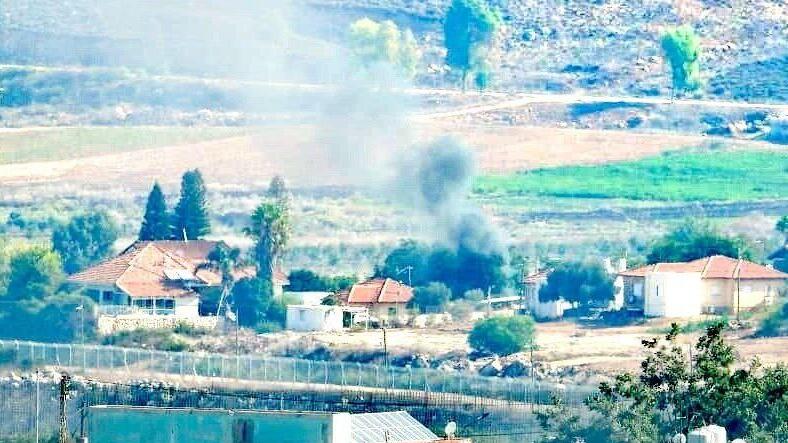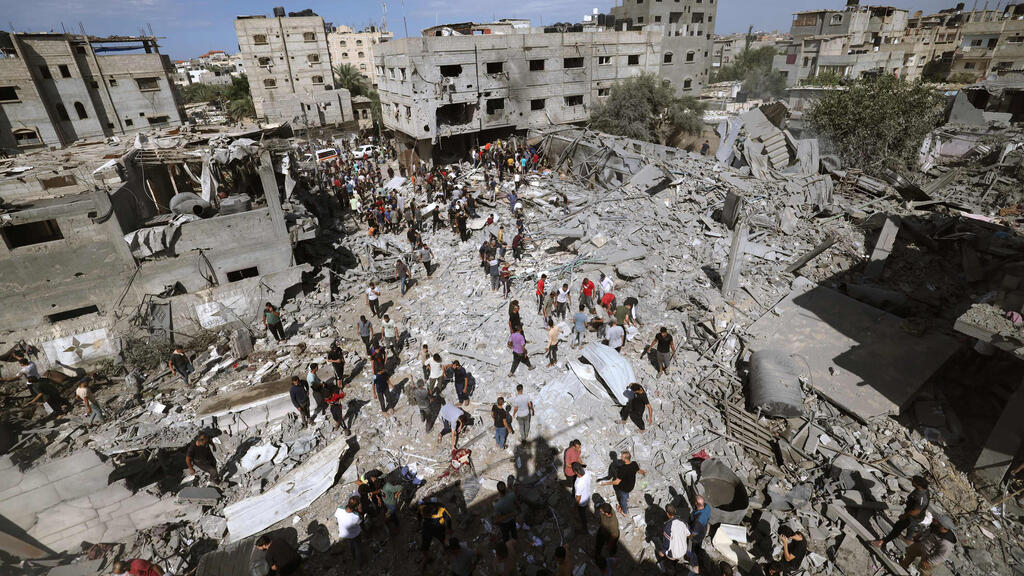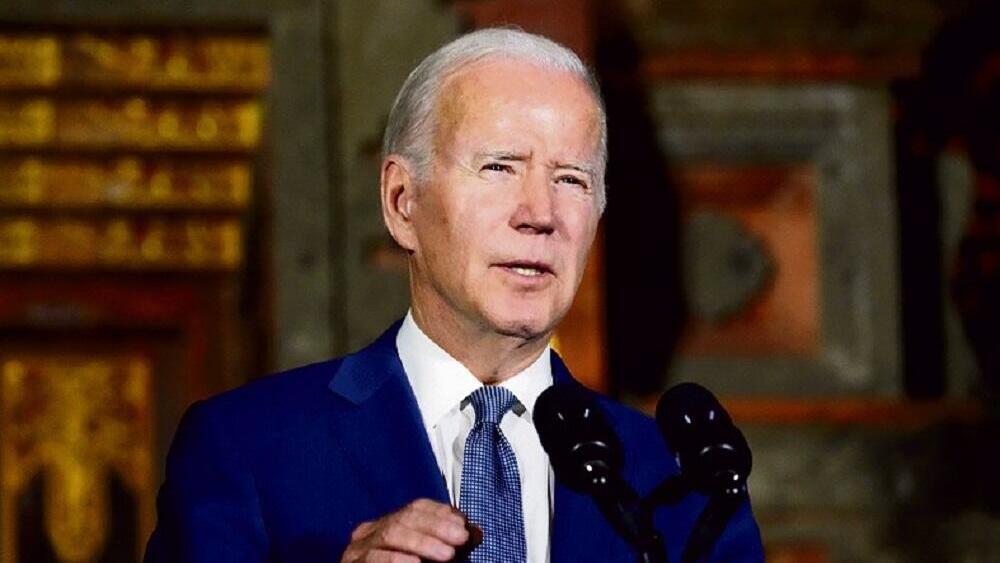Getting your Trinity Audio player ready...
Hezbollah is preparing its forces and operational systems for a full-blown conflict with Israel that would include massive rocket fire on the Israeli home front, Lebanese and Arab media outlets have reported and officials in the region and in the U.S. have confirmed.
Read more:
Meanwhile, officials insist Nasrallah and the leadership of his Iran-backed Hezbollah terrorist group are not interested in a war with Israel but rather a limited conflict along the border, but the final decision lies with the Iranian regime.
If Iran puts pressure on Nasrallah to join the war, he will do so just as he did when he sent troops to fight alongside Bashar al-Assad's regime in Syria when there was a danger that it would collapse during the country's bloody civil war. Despite his reluctance, he ultimately complied with orders from Iran's supreme leader and sent his troops into battle.
In the past 24 hours, Hezbollah increased its provocations on the border, likely expecting Israel to exhibit restraint in the north ahead of U.S. President Joe Biden's visit on Wednesday at least until the first phase of the Gaza campaign is over. Based on all assessments, the decision to open a second front would likely be made in Tehran and Beirut only after the IDF initiates a ground offensive into Gaza.
4 View gallery


Soldiers wounded in Hezbollah anti-tank fire arrive at a hospital
(Photo: Jalaa Marey / AFP)
Biden's snap visit aims, first of all, to ensure Israel succeeds in ending Hamas's rule over Gaza and its military capabilities without destabilizing the entire Middle East, which means without Iran's Lebanese proxies entering the war. Israeli and U.S. officials say this is a shared interest and not a directive from Washington.
The president's trip to the region is part of the American show of force, meant to send a clear message to Iran and Hezbollah that if they fire rockets at Israel's home front – the U.S. will participate in their interception. There will be no U.S. boots on the ground and any interception of incoming rockets would occur only if Israel asks for it. But Biden believes his mere presence would be enough to press upon Iran how inadvisable a full-blown war with Israel would be because it would be counterproductive and would leave Iran, Hezbollah and Lebanon to pay a cost as heavy as Gaza is paying right now.
Biden's second reason for visiting the region is to ensure that humanitarian steps are taken to benefit the population of Gaza in a way that would provide Israel with American and international legitimacy for its war so that it would be able to exhaust its military objectives in the Palestinian enclave, which would likely take several months. Biden sees the importance of preserving the support for such action.
The president also has an internal political objective. He knows the war Israel is fighting has popular support among Americans who saw the atrocities committed against Israeli civilians, women and children in the Hamas attack, which to them is reminiscent of al-Qaida's attack on 9/11 and of the cruelty of ISIS when it captured entire swaths of the Middle East in a strategy of instilling fear and by its acts of terror. He hopes to harness public support to help him win the 2024 presidential race.
The IDF will scale back in order not to cast a shadow on Biden's visit and the historic support his administration is giving Israel at this time of war. It appears that the bond between Israel and the United States transcends mere friendship and does not require a formal defense pact for the U.S. to stand so completely by Israel's side. Biden hopes Saudi Arabia, the UAE and the entire Middle East would take note of this strategic alliance.




